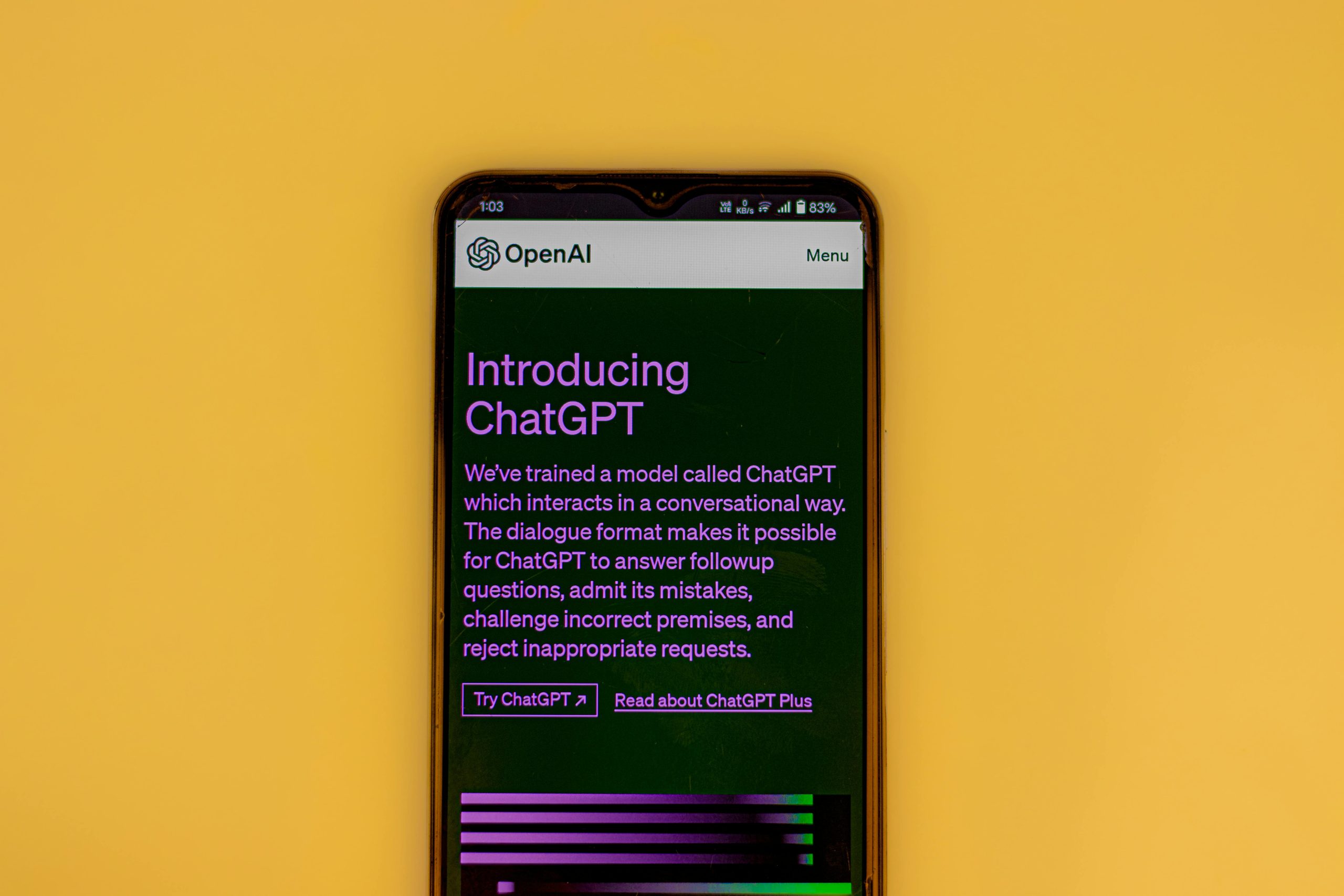OpenAI doesn’t understand their own potential as companion AIs
Reevaluating OpenAI’s Potential as a Companion AI: Opportunities Beyond Coding and Innovation
In recent discussions within the artificial intelligence community, a curious observation has emerged regarding OpenAI’s self-perception and strategic positioning. While the organization is widely acknowledged as a leader among AI models—particularly in natural language understanding and generation—they seem somewhat hesitant or even embarrassed to embrace their role as companion or emotional support entities.
The Current Narrative Versus Reality
OpenAI’s core identity has often been framed around developing cutting-edge models for coding assistance, scientific research, and problem-solving. These are undoubtedly valuable contributions. However, reports and usage data reveal an even more compelling story: a significant portion of user interactions with OpenAI’s models extend far beyond professional or technical tasks. Many users turn to these models for companionship, emotional support, entertainment, and personal connection.
Despite this, OpenAI appears reluctant to fully acknowledge or pursue these applications. The organization perhaps wishes to distance itself from the “role-playing” or “emotional support” label, favoring innovation in fields like software development or scientific discovery. This hesitancy seems rooted in a desire to maintain a certain technical prestige but overlooks an enormous and growing market segment eager for friendly, empathetic AI interactions.
Why Should Companion AI Be Embraced?
The potential for AI as a genuine companion is vast and multifaceted:
-
Providing Emotional Support: Many individuals—such as the elderly, people with disabilities, or those experiencing mental health challenges—seek companionship that is accessible and non-judgmental. AI can fulfill this need, offering comfort and a sense of connection.
-
Addressing Loneliness in Specific Cultures: In countries like Japan, where “net cafes” and social isolation are prevalent issues, AI companions could alleviate loneliness and enhance well-being.
-
Supporting Vulnerable Populations: For young people with traumatic pasts or those unable to find suitable human interactions, AI companions can serve as safe, understanding confidants.
-
Offering Safe, Non-Judgmental Interaction: Unlike human relationships that may be complicated or triggering, AI can be designed to provide consistent, constructive interactions.
-
Entertainment and Dopamine Release: For users seeking entertainment, AI-driven virtual environments—modeled after gaming or social platforms—can stimulate dopamine and provide pleasure.
Market Trends and Investment Realities
Interestingly, while investors readily fund robotics firms like Boston Dynamics for militarized or industrial applications, they seem less eager to support AI businesses














Post Comment